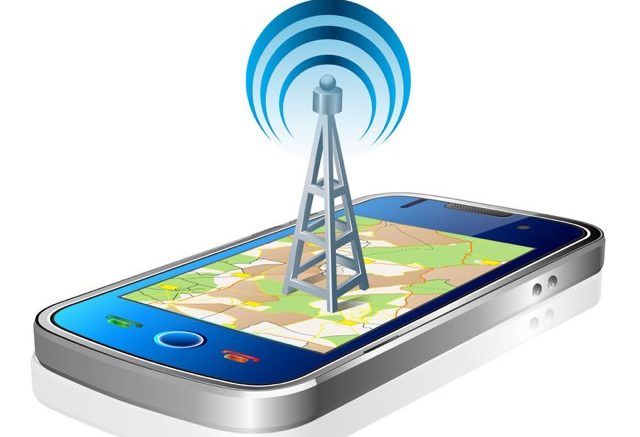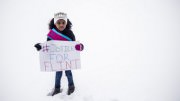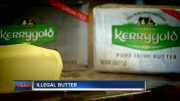A Chicago attorney on Thursday filed a federal lawsuit challenging the Chicago Police Department’s use of a secret cellphone tracking system, arguing the practice should require a warrant and violates individual privacy.
Jerry Boyle, who is also a longtime volunteer for the National Lawyers Guild, brought the case after police intercepted information from his cellphone at a Black Lives Matter protest for Martin Luther King Jr. Day in 2015 on the West Side, according to the lawsuit.
As a volunteer, Boyle frequently attends protests to monitor police activity and to offer legal services to anyone who may be arrested.
“The people of Chicago should be able to exercise their First Amendment rights to freedom of speech, association and assembly without being spied upon by police,” Boyle said in a news release. “Government spying on its citizens without appropriate judicial oversight is inconsistent with the freedoms guaranteed by the Constitution.”
Bill McCaffrey, a spokesman for the city’s Law Department, said the city has not been served yet and cannot comment. A Police Department spokesman also declined to comment.
Loevy & Loevy, a civil rights law firm that has sued police in a number of high-profile cases, is representing Boyle and seeking class-action status for the case.
Calling the practice of intercepting cellphone information secretive and widespread, Boyle’s attorneys assert the city has an “arsenal” of devices to carry out such work and has no policy dictating how officers should handle the collection of personal information or when the technology should be used.
Cell site simulators are devices that mimic cell towers and can collect data from phones, including text messages, internet browsing history, location tracking and phone call content, according to the lawsuit. When police deploy a cell site simulator, also referred to as “Stingrays” based on the name of a popular model, the device captures data from any phone in its range — not just the intended target.
When the device is in use, it drains cellphone batteries and can lead to dropped calls. The devices can reach cellphones more than a mile away from them and capture data from up to 60,000 phones simultaneously. The lawsuit doesn’t make clear how Boyle knew his phone information was being intercepted.
Based on invoice statements obtained through public records requests, CPD spent more than a half-million dollars on cell site simulators, software upgrades and other related products from 2005 to 2010, the lawsuit states.
“The Chicago Police Department can’t give its officers weapons that have the power to search and seize our most personal information without any instructions about how to use them,” Craig Futterman, a lawyer representing Boyle, said in a news release.
“That’s like giving officers guns and telling them to go get the bad guys without even teaching them how to shoot. We’ve recently seen how this lack of surveillance oversight has played out at the NSA (National Security Agency), where employees abused surveillance tools to spy on their spouses.”
Controversy over the devices has landed CPD in court before. Cook County Judge Kathleen Kennedy in January 2016 ordered CPD to turn over its records involving the devices as part of a lawsuit brought by a local activist.
A law that goes into effect this year requires police to delete all data not related to the target of an investigation at least once every 24 hours, or within 72 hours if the simulators are used to identify an unknown communication device.
The lawsuit lists as defendants the city, former CPD Superintendent Garry McCarthy and current Superintendent Eddie Johnson, among other department leaders.
Source: www.chicagotribune.com




